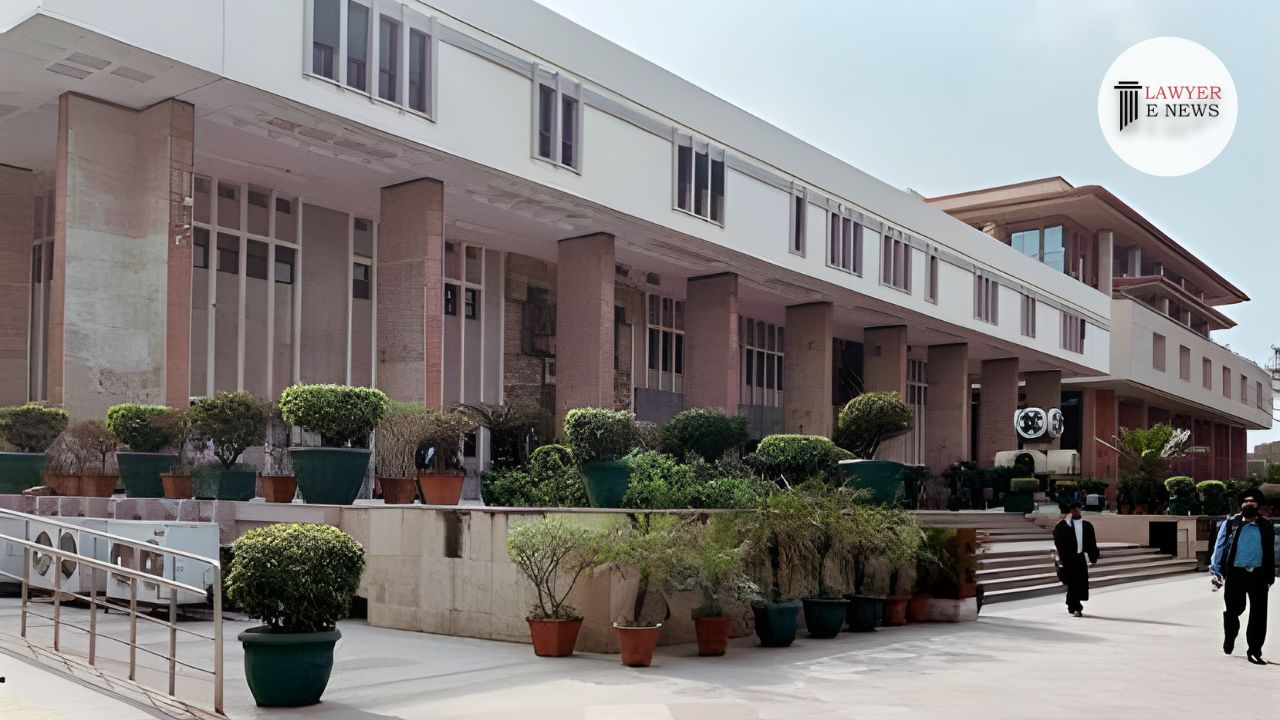-
by sayum
17 February 2026 5:39 AM



In a recent judgment, the Delhi High Court has dismissed a writ petition filed by a former Sub-Inspector of the Central Industrial Security Force (CISF), Shashank Jain, challenging his removal from service. The petitioner was penalized following an incident where a colleague committed suicide using his service pistol.
Justice Saurabh Banerjee, while delivering the judgment, observed, “The petitioner’s actions were evidence of gross carelessness, lack of caution and indifference, being inappropriate and unbecoming of a member of any of the Armed Force including the CISF.”
The court found that the petitioner had left his post and his service pistol unattended in the CCTV control room of the CISF Unit at Ukai, Gujarat. This act was deemed a gross violation of the principles of protection of arms and ammunitions, ultimately leading to the tragic incident.
The petitioner, appointed as a Sub-Inspector in CISF in 2014, sought the quashing of the penalty order dated December 9, 2020, and subsequent orders dismissing his appeal and review petition. He argued for a compassionate view, citing his medical condition, Ankylosing Spondylitis, which he claimed led him to leave his post on the day of the incident.
However, the High Court held that the medical condition and circumstances cited by the petitioner were inapplicable to his actions. “The medical condition/ailments and the medical documents relied upon by the petitioner are of no significance and cannot come to his aid,” the Court noted.
The judgment further highlighted the limitations of judicial review under Article 226 of the Constitution, emphasizing that the High Court does not function as an appellate body to re-assess evidence.
Rejecting the plea for leniency, the Court found the penalty of removal from service proportionate to the negligence and breach of duty exhibited by the petitioner. “The combined/repeated acts of negligence by the petitioner are unpardonable and cannot be taken lightly or condoned at any cost,” the Court observed.
Date of Decision:: 31.01.2024
SHASHANK JAIN VS UNION OF INDIA AND ORS
